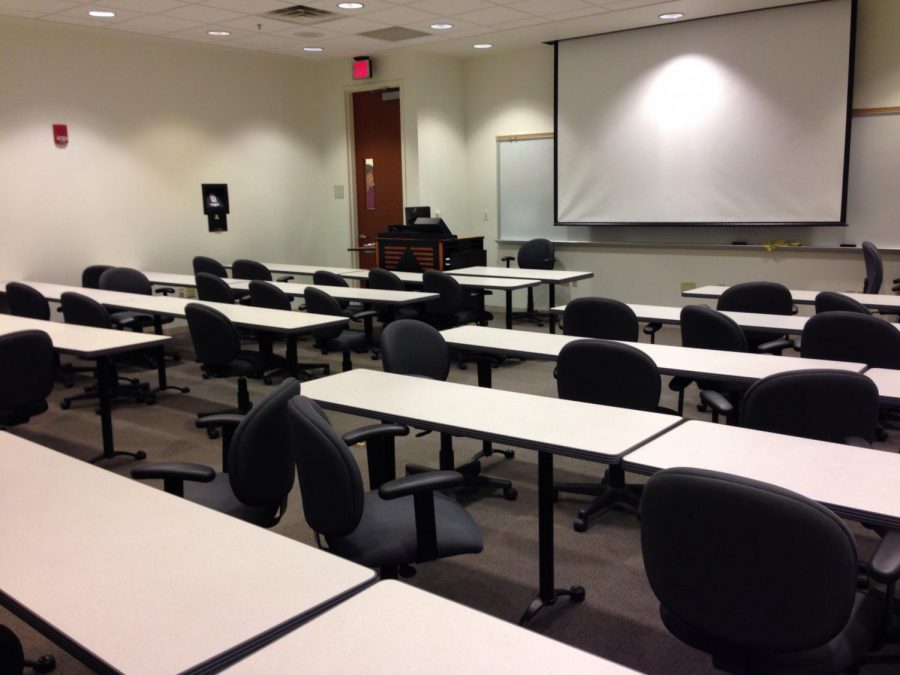Educators forced to be flexible, learn online teaching skills as COVID-19 pandemic rushes remote learning
Teachers had to become online instructors when the COVID-19 pandemic struck
December 7, 2020
Listening to friends tell stories about their favorite teachers reminds people of the effort it takes to be an educator. Now that the COVID-19 outbreak has caused many schools to switch to remote learning, teachers have been forced to rethink their strategies.
Even during a global pandemic, states require educators to meet expectations that determine how successful teachers are in their classrooms.
In a recent article for Phys Org, Anne Manning, Agricultural Sciences author at Colorado State University, wrote about additional obstacles that teachers in high-needs districts face.
“Teachers are expected not only to teach, but to teach in situations where students may be coming from unsafe or food-insecure home environments, or from non-English speaking backgrounds. Then came COVID-19, in which teachers had to keep doing all these things, while cut off physically from the students they were serving and facing added stress and pressure to succeed,” Manning wrote.
States continue to require teachers to administer evaluations to students in an effort to help determine necessary changes to course curriculum, gauge student academic success, or ensure continued funding.
Researchers at Colorado State University believe that due to COVID-19, teachers are either changing their approach altogether in engaging students to meet these expectations, or are leaving the profession as a whole.
Dr. Amanda Montoya, Assistant Professor of Quantitative Psychology at UCLA, blogged about her Zoom strategies and the struggles she faces.
“Everybody who is adjusting to this new system is realizing we have to be patient with each other and help each other learn,” Montoya wrote.
Montoya urges teachers to ask students to turn on their live camera rather than teaching to a black screen filled with names.
“You can’t see students reacting and how they are taking in information,” Montoya wrote.
Chris Marsicano is Davidson University’s Assistant Professor in the Practice of Educational Studies. In an article for Inside Higher Ed, Marsicano chronicled some of his thoughts and experiences about how he taught himself to be an online professor during the first weeks of the pandemic.
“None of us thrust into online instruction in the wake of COVID-19 campus closures are truly online educators. My colleagues who design online courses spend an extraordinary amount of time developing their syllabi, practicing their craft and becoming true experts in online instruction. They deserve an incredible amount of respect,” Mariscano wrote. “Listen to the experts. Learn from them.”
During these unprecedented times, teachers, like everyone, have had to adapt their profession. Learning to adjust the curriculum in order to keep student’s interest during COVID-19 is a task that can bring out the best in educators and the will in passionate students.
A change in positive student-teacher relationships is something that high school science teacher Liz Russillo thinks the pandemic will change for the better in the future.
“I will never again take for granted the student showing up for class early to tell me about their weekend or the student sitting in the back of the room trying to stay under the radar because they are having a bad day,” Russillo wrote in a response for a December article in Education Week.


